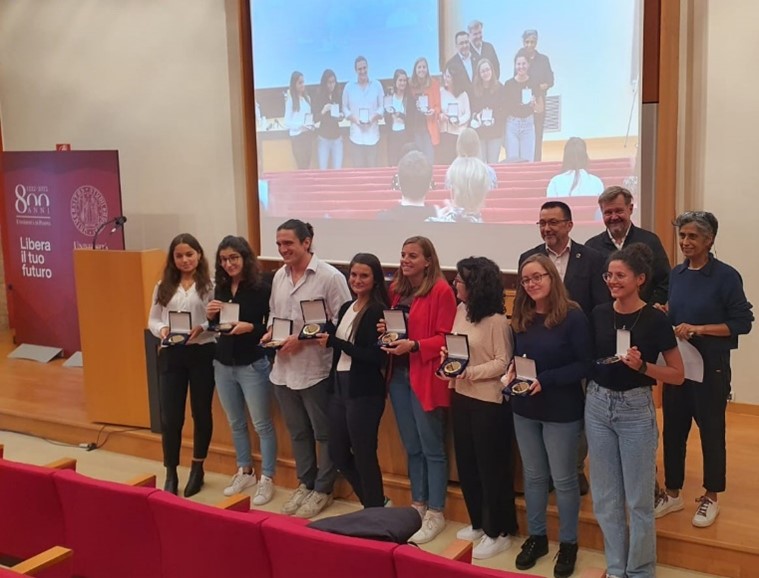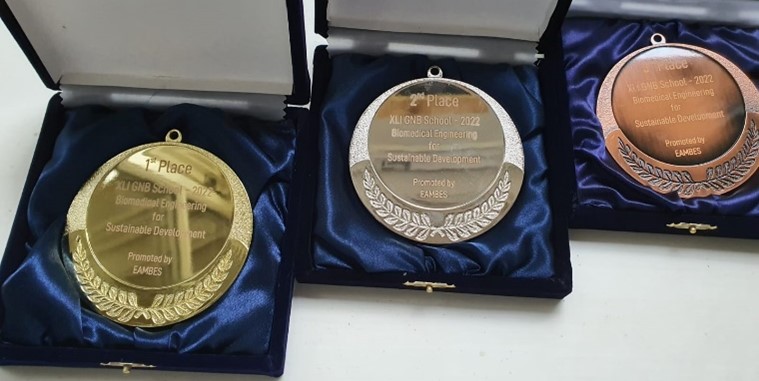
This school aimed to offer students an alternative view and approach to the problems and applications of biomedical engineering, from the perspective of low-middle income countries (LMICs) and rural contexts. Actually, those applications are not limited to LMICs, but also to other contexts where resources may be lacking (e.g. natural disasters, epidemics, pandemics). The school followed a “hands-on” teaching approach that allowed students to explore the salient steps of medical device design starting with the analysis of needs, classification according to European legislation for medical devices and then identification of the standards using the UBORA platform, to guide and support the design process. Appropriate and key enabling technologies, such as 3D printing, mobile technologies, artificial intelligence has been contextualized through cases of study and practical activities.
The school had a learning-by-doing approach, coupling frontal classes (thanks to 23 lecturers) with a design competition.
The 197 attendees (120 on-site, 77 online; the majority being Ph.D. Students in Bioengineering), organized in 20 teams, proposed 20 medical technologies to solve clinical needs relevant to low-resource settings.
During the last day, students presented their ideas to a board composed of experts in the field, including professors from the African Biomedical Engineering Consortium, and the representatives of EAMBES (prof. Jari Hyttinen) and IFMBE (prof. Ratko Majarevich).
The school has been instrumental for nurturing a new generation of Biomedical Engineers, able to respond to the demographic and environmental challenges of the 21st century.

EAMBES has sponsored the awards given to the students.

You may find more information about the program and the organisers of the Annual School here: https://www.grupponazionalebioingegneria.it/gnbevent/xli-annual-school-2022-biomedical-engineering-for-sustainable-development/
